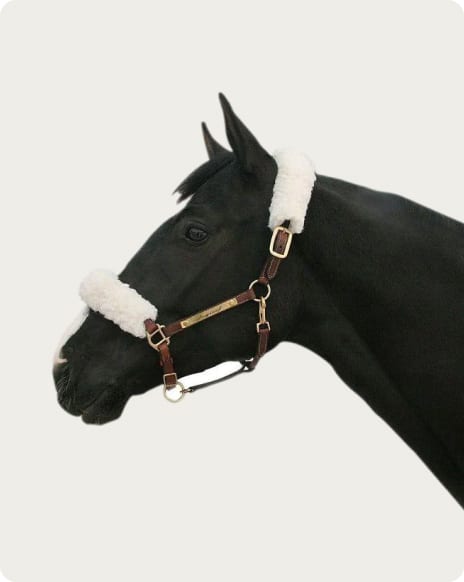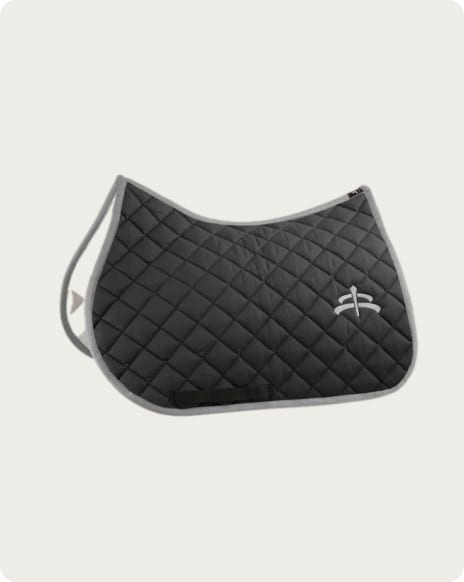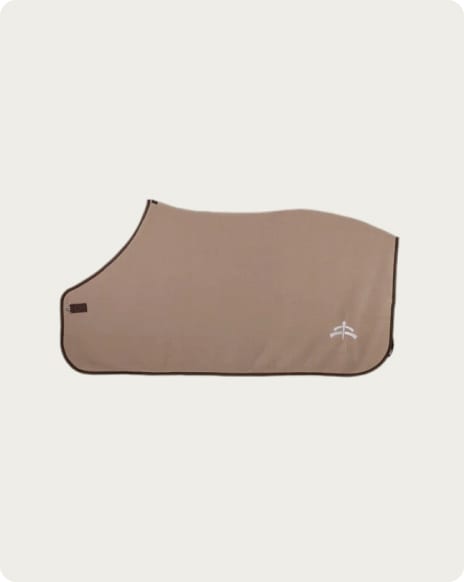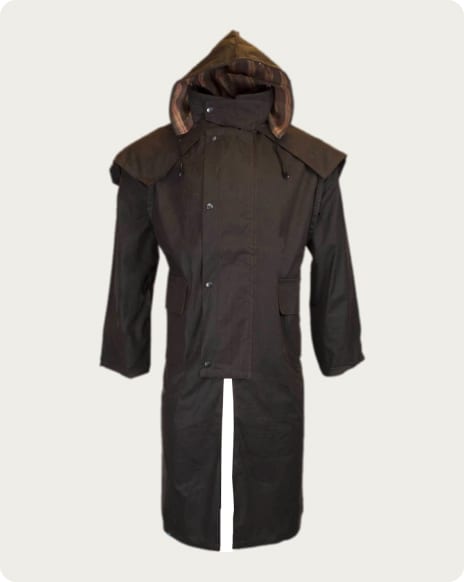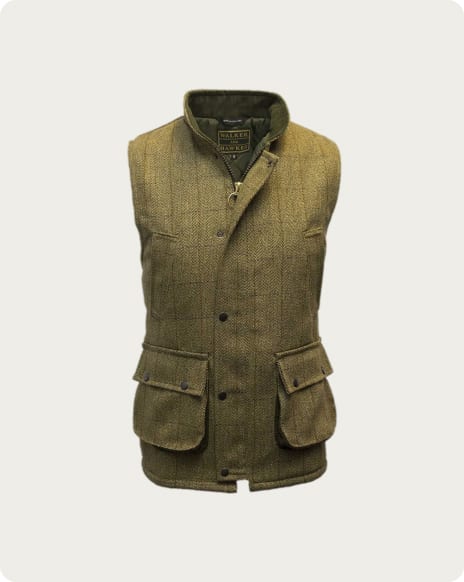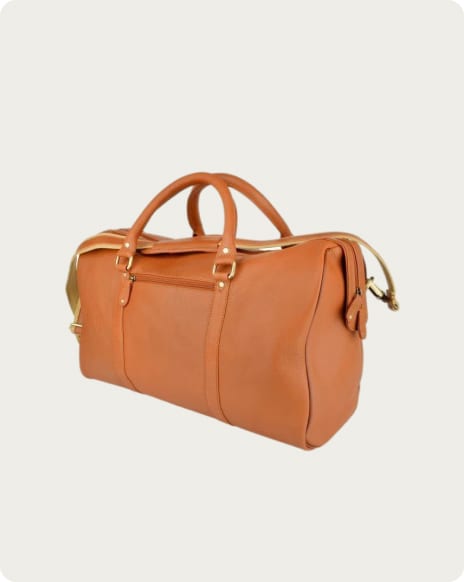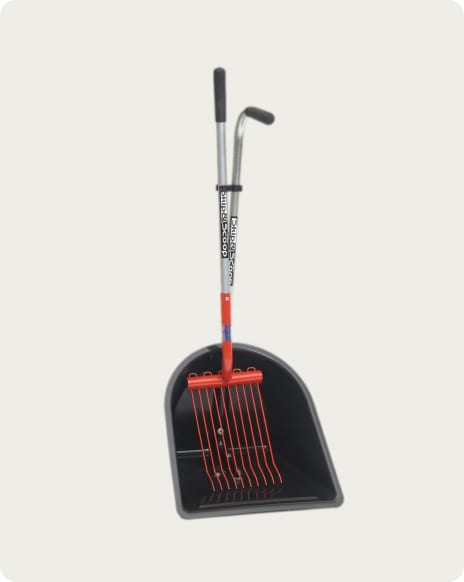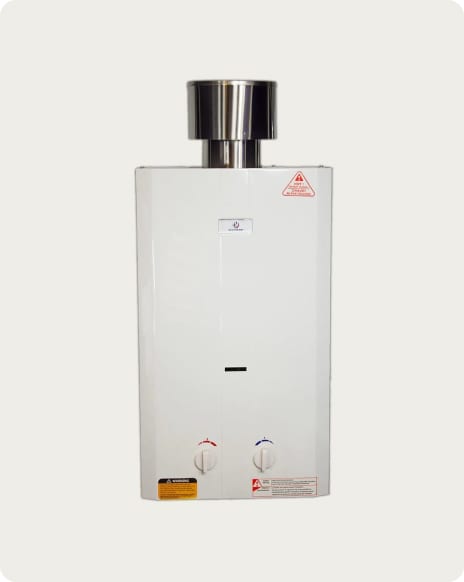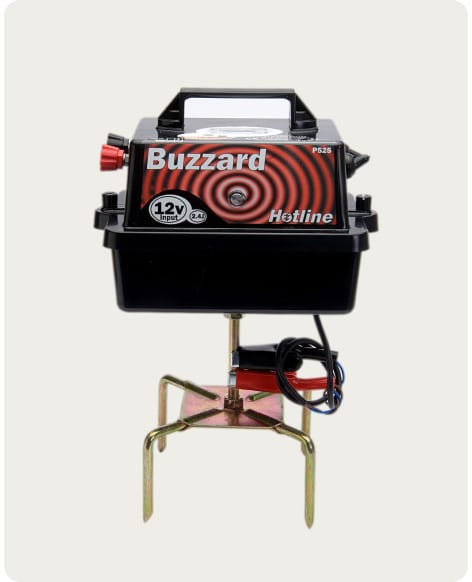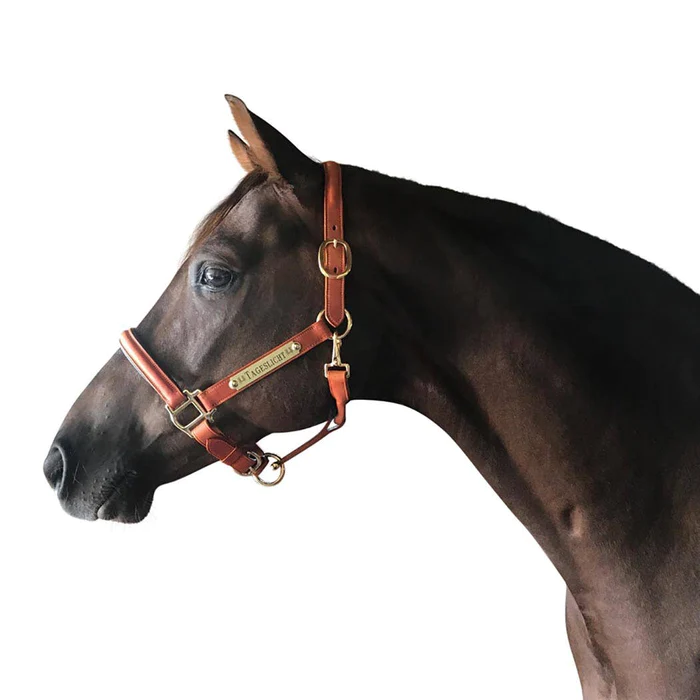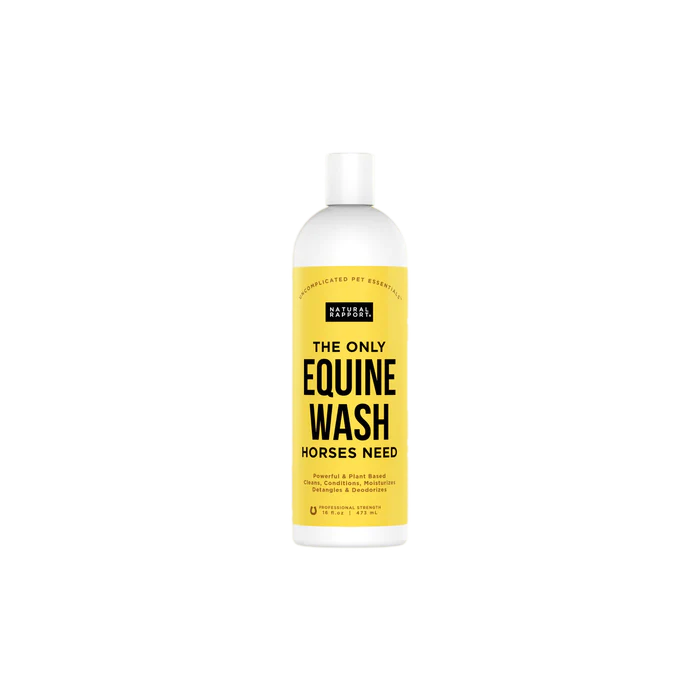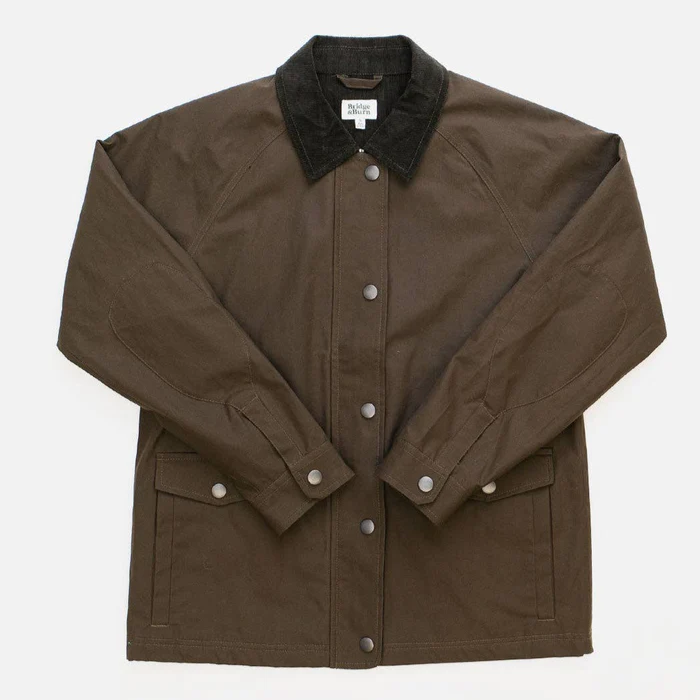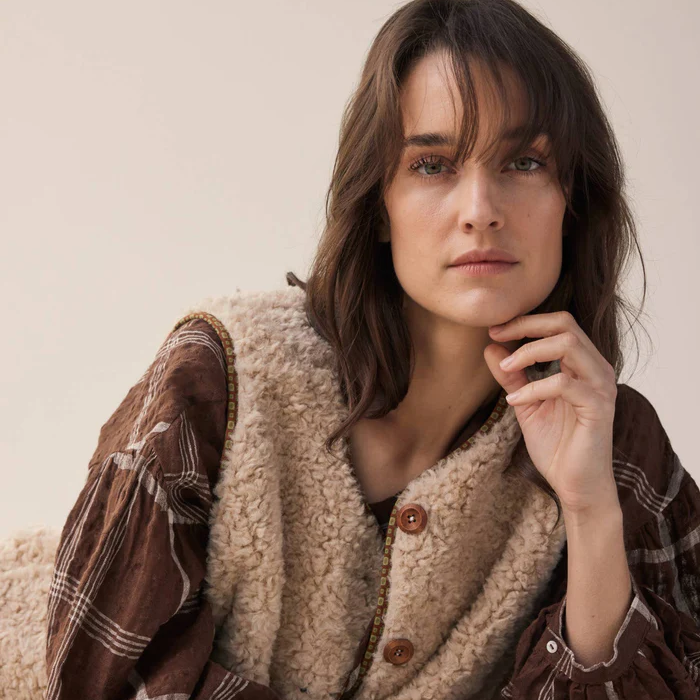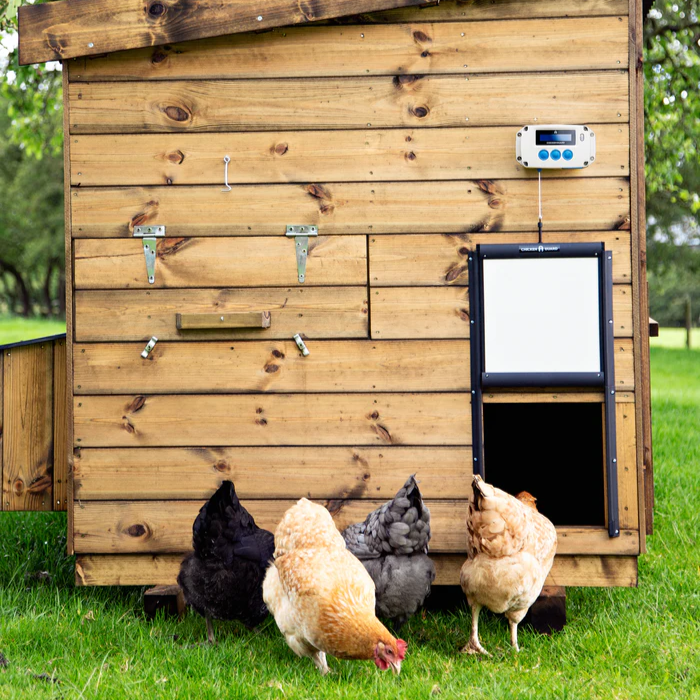
A horse is a heavy animal, and it's not unusual to associate the cost of ownership with an equally heavy financial burden. However, depending on where you live, the breed of the horse, where you keep your horse, and what you use the horse for, owning a horse can feed your soul and be less expensive than you might think.
For practical purposes, this article breaks down the costs of horse ownership from the initial purchase price to feed, boarding, and maintenance. However, horse ownership is a lifestyle, and reaping the benefits of owning a horse also requires investing the precious resource of time.
Read on to find ways that make horse ownership less of an impossible dream and more of a heartwarming reality.
What You Should Know About Buying a Horse
The initial purchase price is just one factor to consider when adding up how much owning a horse costs. Luckily, this is a one-time expense. The cost can be as low as $100 or it can be high into the thousands. In fact, the most expensive horse breeds (often sport horses) can cost upwards of $250,000. If you’re looking for a leisure or equine therapy horse, an older horse that is still keen and able to work would cost less than a younger counterpart.
If you are buying a horse for the first time, it’s a good idea to find someone with experience to advise you. For example, if you’re buying a leisure horse to ride, an instructor or trainer who you've been working with for some time knows how you ride and your personality, and they may be the best person to match you with the right equine partner.
The price you pay for a horse depends on the breed, age, sex, conformation, and color. Other factors that play into the price of a horse are how well-trained the horse is for its discipline and its condition, meaning how healthy it is.
Based on published prices by Equine.com, the average price for a trail horse or a pleasure horse is around $5,000. High-end breeds are Arabians, Thoroughbreds, Andalusians, Dutch Warmbloods, and Oldenburgs. The least expensive breeds are wild Mustangs, which can be had for the low hundreds, and Quarter Horses.
Off the Track Thoroughbreds (OTTBs) have become very popular. These are retired racehorses that are often retired by the age of five. Many of these horses become unwanted and need new homes because, sadly, they often go to kill pens. OTTBs can often be bought for a reasonable price, usually between $1,000 and $8,000. OTTBs can be retrained to be good jumpers or eventers with time and commitment.
Above all, realize that the question of how much a new horse costs depends on current supply and demand. If supply is low for a certain type of horse, the price will rise. The horse market changes, but what is important to you is probably important to others. With this in mind, decide which criteria are non-negotiable when it comes to your horse and what you might be willing to forgo. This will help you narrow down what you should pay for and what you don’t need to pay for.
You and your horse need to be a good fit. For example, if you’re interested in a companion or equine therapy horse, you need a patient soul who is bombproof. If you’re a green (novice) rider, you shouldn't buy a green horse. You would benefit from a well-trained horse that can teach you to be better and provide stability as you learn. If you’re an experienced rider, you might enjoy buying a green OTTB and training him to be a great jumper.
The Ongoing Costs of Owning a Horse

The maintenance costs of horse ownership depend on where you keep your horse, feed requirements, the horse's health, and what you plan to do with your horse. For example, the average cost for a pleasure horse can be close to $8,000 per year, whereas a therapy or companion horse may cost just $3,000 a year.
Boarding
The cost of owning a horse is less if you have your own stables and land. The other option is to board your horse. Boarding expenses will vary depending on your location, the boarding facilities (some have amazing indoor and outdoor facilities so that you can ride year-round, whatever the weather), and whether you will keep your horse in a pasture or in a stall with turnout during the day. A full-service stall can cost between $400 and $2,500 a month.
Feed
Horses typically eat 1-2% of their body weight in roughage per day, which is around 15 to 20 lbs. Your horse needs a balance of grain mix, grass hay, salt, and minerals.
The cost of feed varies greatly depending on what you feed and where you live. The cost could be anywhere from $1,000 to $3,000. The cost of hay can change from $4 a bale to over $20 a bale. If a bale gives 45 pounds of hay, the average horse will eat a little over three bales per week. That’s a little over 12 bales per month. So, hay could cost you $48 a month or close to $240 a month.
As your horse ages, they may need special food or supplements to keep their joints healthy, which leads us to health care for your equine companion.
Health Care and Veterinary Costs
Like all of us, horses get sick. They often get ulcers in their stomachs or abscesses in their feet. They need deworming twice a year, vaccinations against various diseases, a Coggins Test and Health Certificates, and dental care.
Basic vet bills for a horse's health can be around $350 a year, assuming your horse doesn't have any significant health problems. Otherwise, health care costs for horses can rise into the thousands. Many horse owners take out insurance in case their horse is injured, experiences lameness, gets colic, or falls ill in other ways. Insurance typically costs between $150 and $200 per year.
Farrier Costs
Not all horses require shoes. It depends on whether the horse has hard, strong feet or weak, tender hooves. It also depends on the work that the horse does and on what terrain. A farrier is the best person to ask about shoeing because they are the best judges of when a horse is better off with or without shoes.
Having a farrier trim your horse’s hooves every eight weeks is a cost-effective alternative to shoeing your horse. However, if your horse goes barefoot, they may need more regular trims than if they wear shoes. Farrier costs vary, but they are typically around $600 to $1,200 a year.
Bedding
Depending on where you live, and if your horse is brought into a stall each night, you may need bedding for your horse. The cost of bedding ranges depending on the type of bedding you use, but it may be as little as about $10 per month or up to $80 per month. However, many horses do just fine when turned out all year round as long as they have access to a shelter and are sheeted or blanketed when necessary.
Equipment
How much does a horse cost if you live on a farm and already have heavy equipment and a barn? You'll certainly save on boarding costs, but you still must factor in the cost of upkeeping your own facilities. If you’re lucky enough to keep your horse where you live, the equipment costs will be less. If you board your horse, the barn will own most of the heavy equipment, such as arena drags, small utility vehicles, and tractors.
Most horse owners need the following:
- Arena drag (if you have an arena)
- Grooming equipment
- Horse trailer
- Manure spreader
- Riding equipment
- Small utility vehicle
- Training equipment
- Truck
Other Ownership and Operating Costs
Additional expenses depend on your land, barn, and equipment. There will be annual costs for insurance, taxes, and interest, depending on whether you own land or are boarding your horse.
If you own land, you’ll have to budget for maintenance and repair of fences, your barn, and special equipment that you may want to use. You will also have costs associated with pasture upkeep, water tubs, and other horse-related chores. These costs will vary depending on where you live and the size of your property.
So, how much does a horse cost once you’ve paid the initial purchase price? Below is a table that outlines the major costs of horse ownership, excluding the initial purchase price.
|
Basic Items |
Low End |
High End |
|
Basic full-care board (including hay and feed) |
$4,800 |
$10,000 |
|
Keeping a horse at home |
Factor in the cost of property, fencing, shelter, electricity, insurance, repairs and maintenance of buildings and pasture, hay and feed |
|
|
Farrier |
$600-$1,200 ( trims only) |
$1,200-$3,600 (four regular shoes) |
|
Routine Vet Care |
$350 |
Veterinary emergencies can cost into the thousands. |
|
Tack, Gear, and Riding Clothes |
Grooming supplies, turnout blankets, fly spray (some tack can last years if cleaned regularly) |
|
|
Medical Insurance |
Some owners purchase equine medical and mortality insurance for at least $600 annually. |
|
|
Lessons, Clinics, and Shows |
These can cost thousands per year if you include hotel costs and travel; lessons and training are important to keep riding safe and enjoyable |
|
|
Transportation |
Buying a truck and trailer will add thousands per year to your costs. |
|
Let’s say you budget $5,000 for the purchase price of your first horse, boarding costs are $5,000 each year, farrier costs are $600 each year, $350 for veterinary costs (assuming no anomalies), $3,000 for tack and equipment ($1,000 the second year as you don’t need to buy tack each year), and $600 for insurance.
Your costs in the first year will be around $14,000 without any lessons or transportation. The next year the costs will be in the range of $7,000 to $8,000 because you have already paid for the horse and your tack. But this is without a budget for riding lessons or travel.
Sharing Boarding or Leasing a Horse
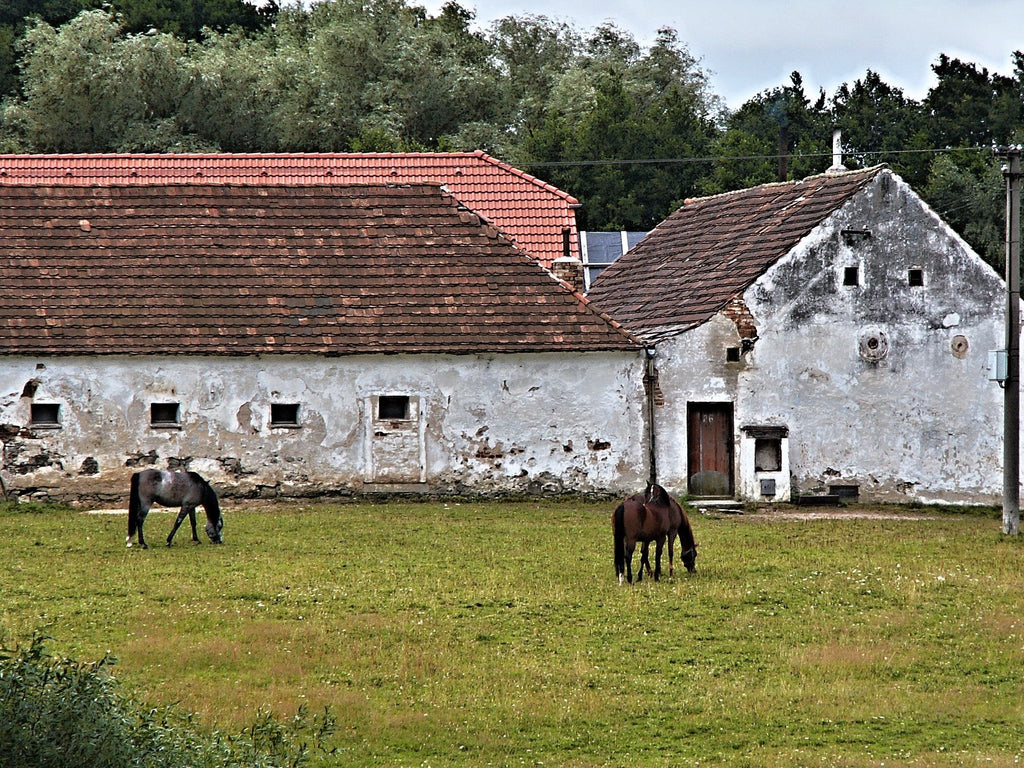
Some horse lovers choose to share a horse with someone else and share the costs too. This arrangement works if you don’t have enough time or resources to keep your own horse outright. The main thing is to come to a written agreement as to who is responsible for what costs, when each of you will ride, and other key details. This is an economical way to build a strong connection and trust with a horse but without 100% of the financial burden. Another option is leasing (renting) a horse from its owner.
How Much Does a Horse Cost? It’s Really Up to You
Owning a horse is food for your soul, which is priceless. When it comes to the question of how much does a horse cost, it depends on where you keep him (your own farm or a boarding facility), how you work your horse, whether you travel with your horse, and your presence of mind for budgeting. Meeting your horse's needs and paying for horse care can be done economically, but the amount you spend on your horse can also be limitless.
In terms of resources and commitments, the most important thing to understand is that when you buy a horse, you assume the equestrian lifestyle. In that regard, the real cost of owning a horse is your time.



